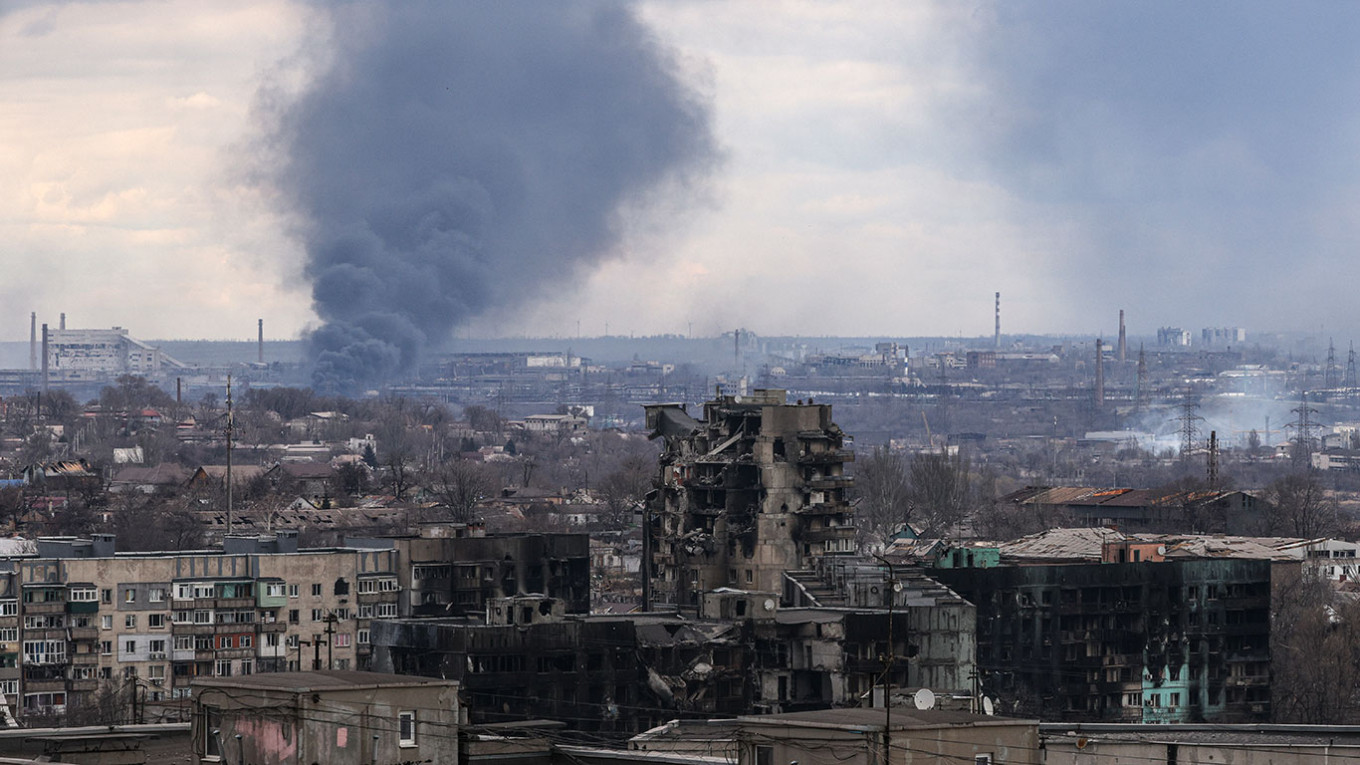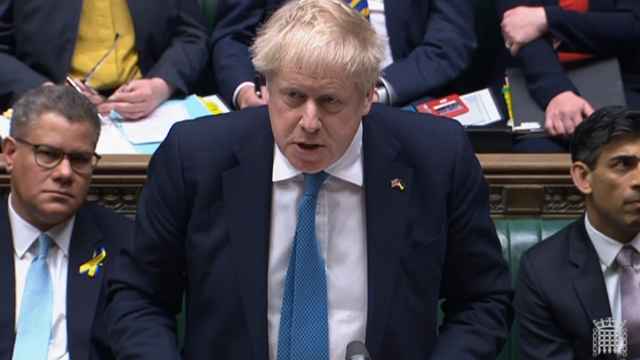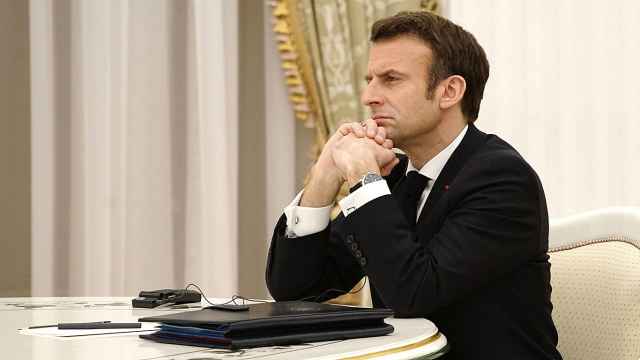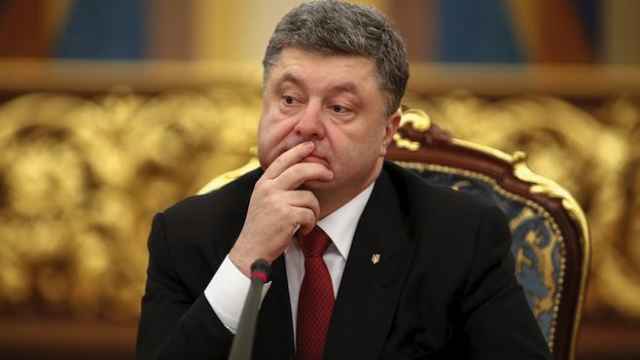Russian mobile crematoria have been operating in Mariupol in an apparent bid to hide the death toll amid intense fighting in the Ukrainian city, local officials said Tuesday.
“Taking into account the size of the city, the catastrophic destruction, the fierce resistance, tens of thousands civilians could [actually] have been killed by the occupants,” the city council said in its statement.
There have been multiple reports that mobile crematoria have accompanied the Russian army since the beginning of the invasion of Ukraine, but no independent verification.
A Turkish proposal to evacuate the dead and the wounded from Mariupol, which had a pre-war population of almost half a million, is currently awaiting approval from Russian President Vladimir Putin, according to Ukrainian President Volodymyr Zelensky.
“The occupants are trying to track and kill all the potential witnesses of the massacre,” the city council said. “This is why Russia isn’t quick to greenlight the Turkish mission.”
Mariupol mayor Vadym Boichenko said Monday that the city was “on the brink of a humanitarian catastrophe.”
A Message from The Moscow Times:
Dear readers,
We are facing unprecedented challenges. Russia's Prosecutor General's Office has designated The Moscow Times as an "undesirable" organization, criminalizing our work and putting our staff at risk of prosecution. This follows our earlier unjust labeling as a "foreign agent."
These actions are direct attempts to silence independent journalism in Russia. The authorities claim our work "discredits the decisions of the Russian leadership." We see things differently: we strive to provide accurate, unbiased reporting on Russia.
We, the journalists of The Moscow Times, refuse to be silenced. But to continue our work, we need your help.
Your support, no matter how small, makes a world of difference. If you can, please support us monthly starting from just $2. It's quick to set up, and every contribution makes a significant impact.
By supporting The Moscow Times, you're defending open, independent journalism in the face of repression. Thank you for standing with us.
Remind me later.






